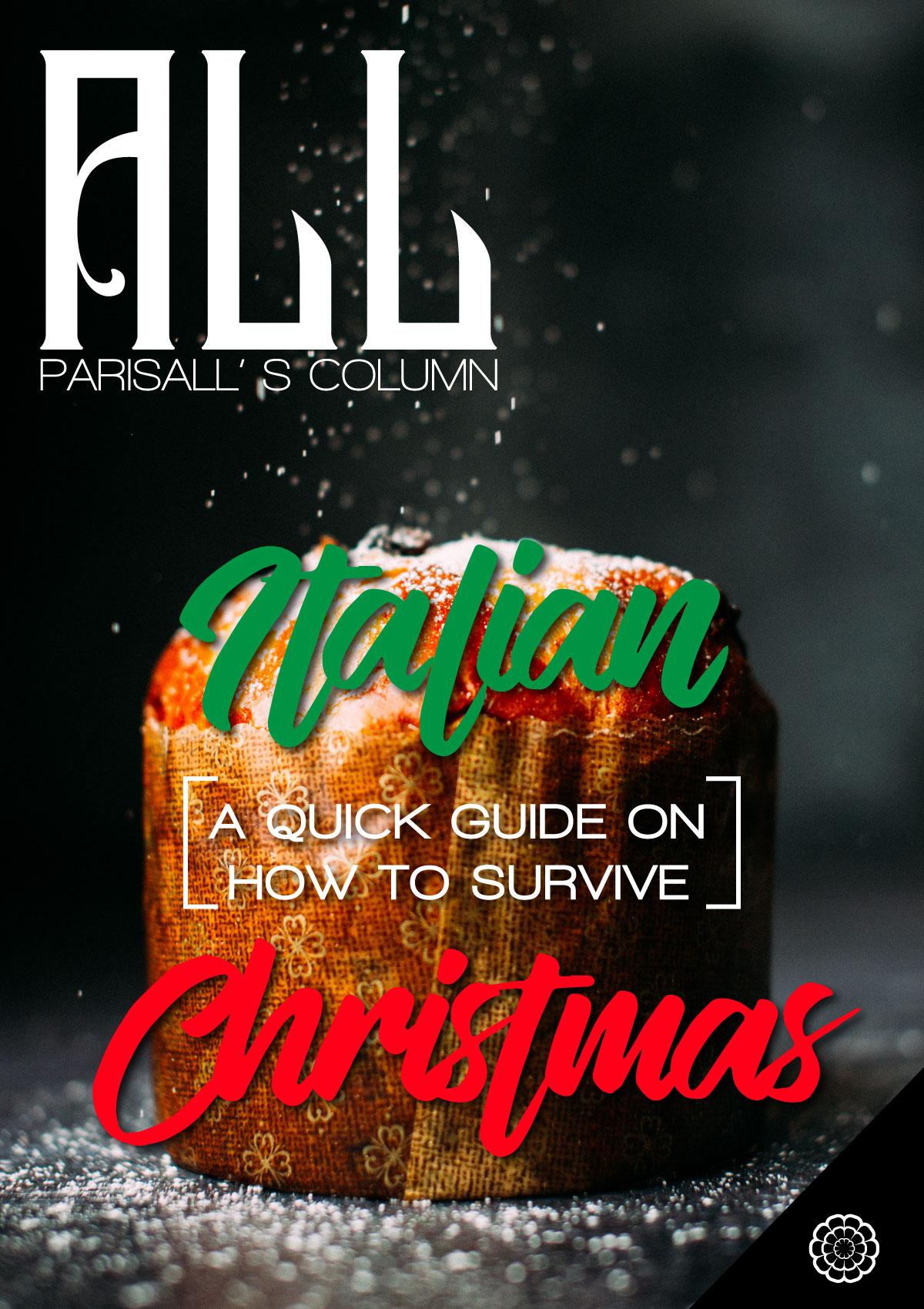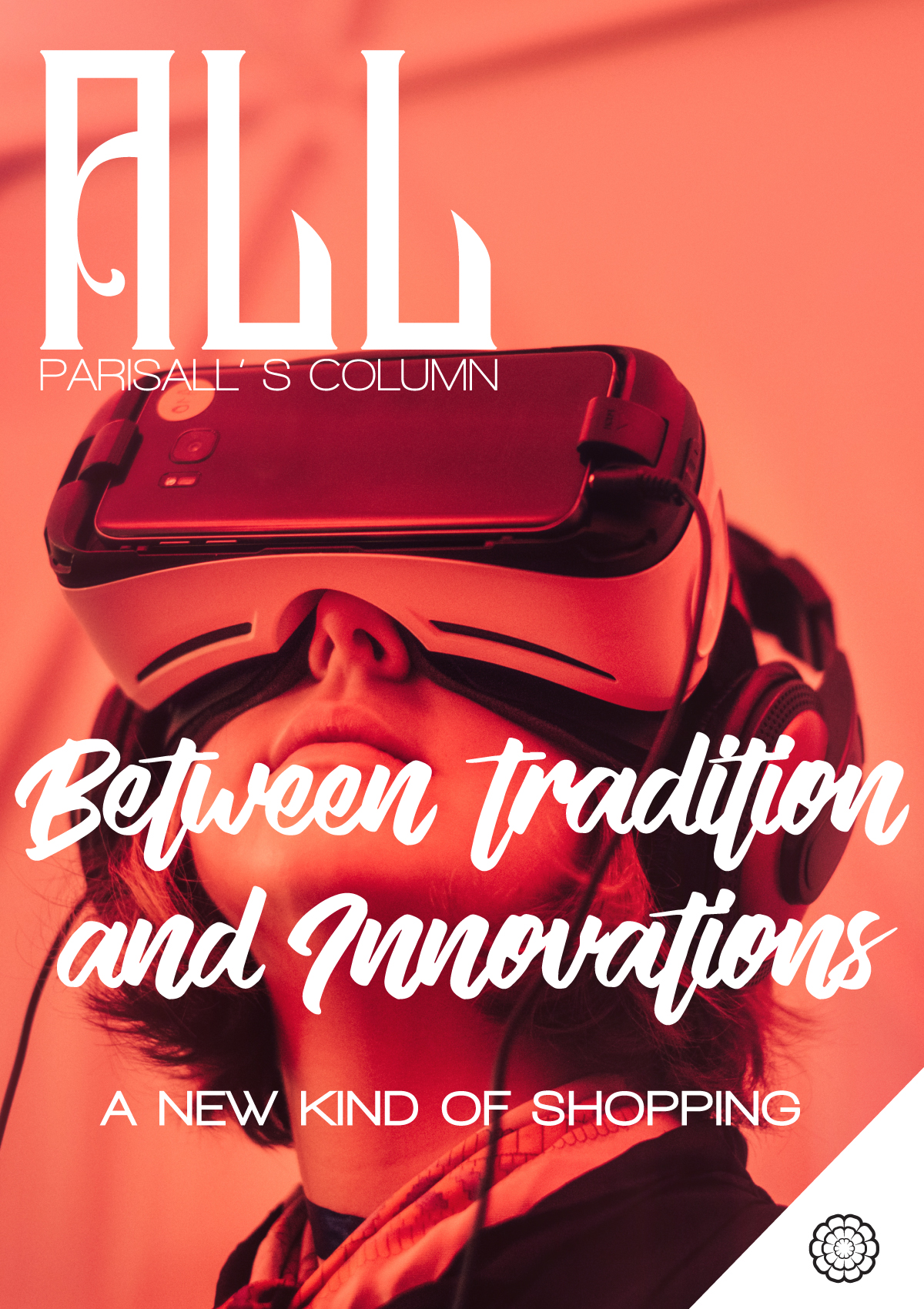
Editorial
Dear Dad,
Do you remember my first day at Uni? That day seemed like my dreams knew no limits, the world had no borders and I could hold it in my hands. We thought I’d do great things, my potential would explode, that I’d have had the chance to prove myself and contribute to society.
That was quite the day. I felt invincible with you by my side, the man who had given me everything and believed in me, I wanted to make you proud.
Today, I read about what’s happening with the Universities back home and I understand why we are apart, why seeing each other is complicated, why I can’t help you now that you need me the most, and why you can’t see you grandchildren grow up.
Dad, being apart breaks my heart. But I’ve accomplished so much here. We were right: I can do great things.
I do not know if I’m part of the brain drain, but I know that here I earn what I deserve, I can live up to your expectations, and I can offer my children a better future. I don’t feel precarious, I get credit for my merits, and my work is recognized.
Dad, I know it’s difficult but I’ve left also to repay you for everything that you’ve done for me. We are apart, but we are happy. Our Italy is beautiful, but I couldn’t find room to grow. It was already booked; perhaps it was not a matter of merit.
Thanks, Dad. There is so much I’ve done and will continue to work hard.
Last night, gazing at the sky, we found a new star. I named it after you.
Set your destination, recalculate your path
Meritocracy, as a word, is a mouthful. Sociologist Michael Young came up with the concept in the 1950s, the word acquired a negative meaning but the definition has evolved to what we know today: the assignment of offices based on the candidates’ preparation and skills rather than their connections.
In Italy, there are many cases of experienced people who have been overlooked for a PhD scholarship or a role in public education because other candidates were favoured due to their connections. When certain episodes are reported by the local and/or national press, we reproach the corrupt system in which we live but soon forget about the fleeting sentiment. When people try to change the status quo, they are more likely to meet disdain rather than support. After all, we don’t mind being stuck in the swamp.
The situation is critical and the millennials are at loss. We’ve been adapting our life and work ambitions to what society can offer today, the example set by the previous generations is no longer viable. We are a generation of nomads forced to move from one end to another of a nation, or from one country to another within an international community. We bought ideals of fraternity and the abolition of borders, convinced that we could realize our dreams and ambitions in a united society, but we are forced to live in a political and economic reality that is shaky. We thought we could excel thanks to our academic merits and work experience, but the dream has left the space to the awareness of having to compromise. In today’s Italy, we are a token to spend in times of political elections, but the government doesn’t seem too keen on changing the dystopian reality we try to fight a determined contract at a time.
“Life’s full of tough choices, innit?” … but this is a story for another time.
When people try to change the status quo, they are more likely to meet disdain rather than support.






